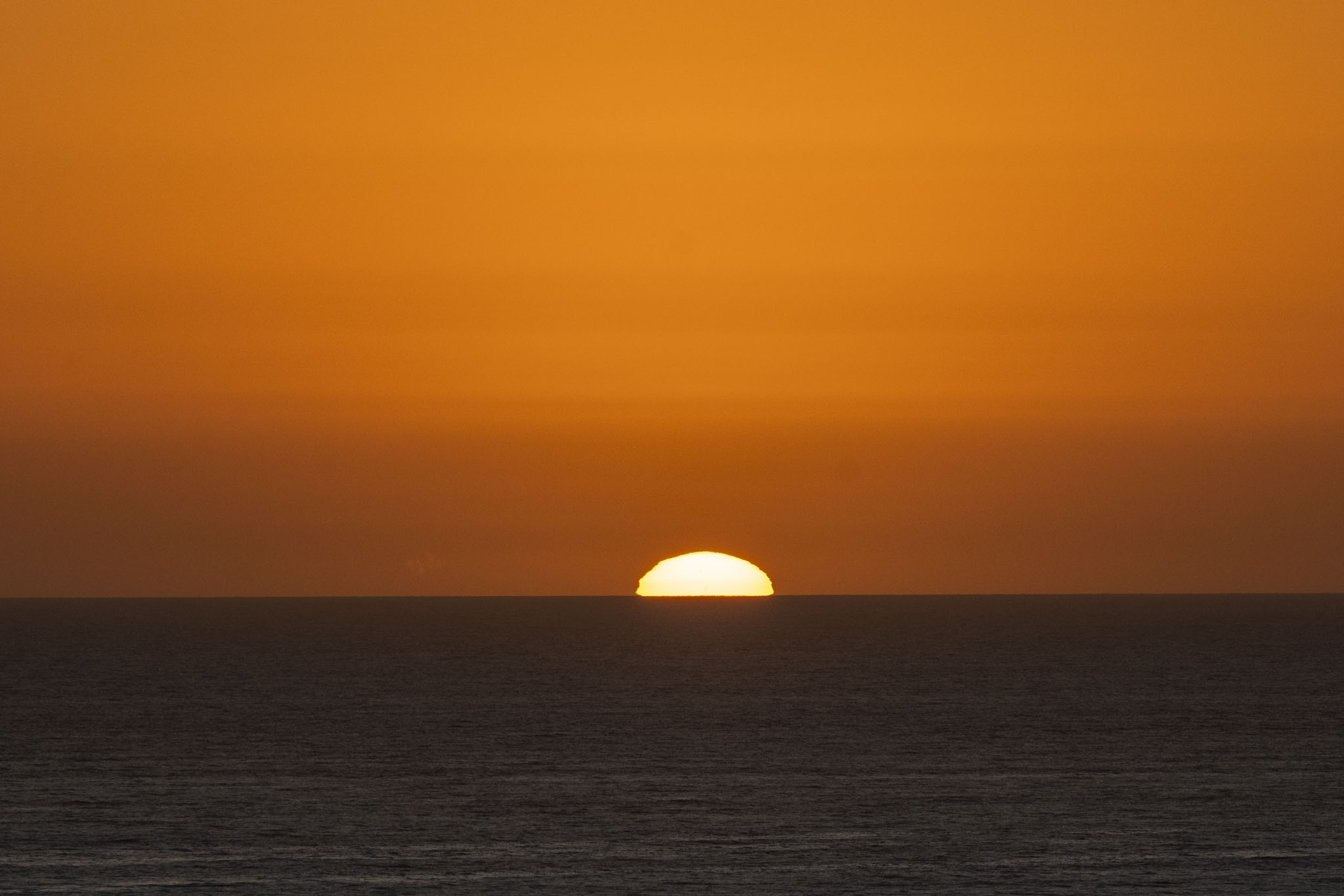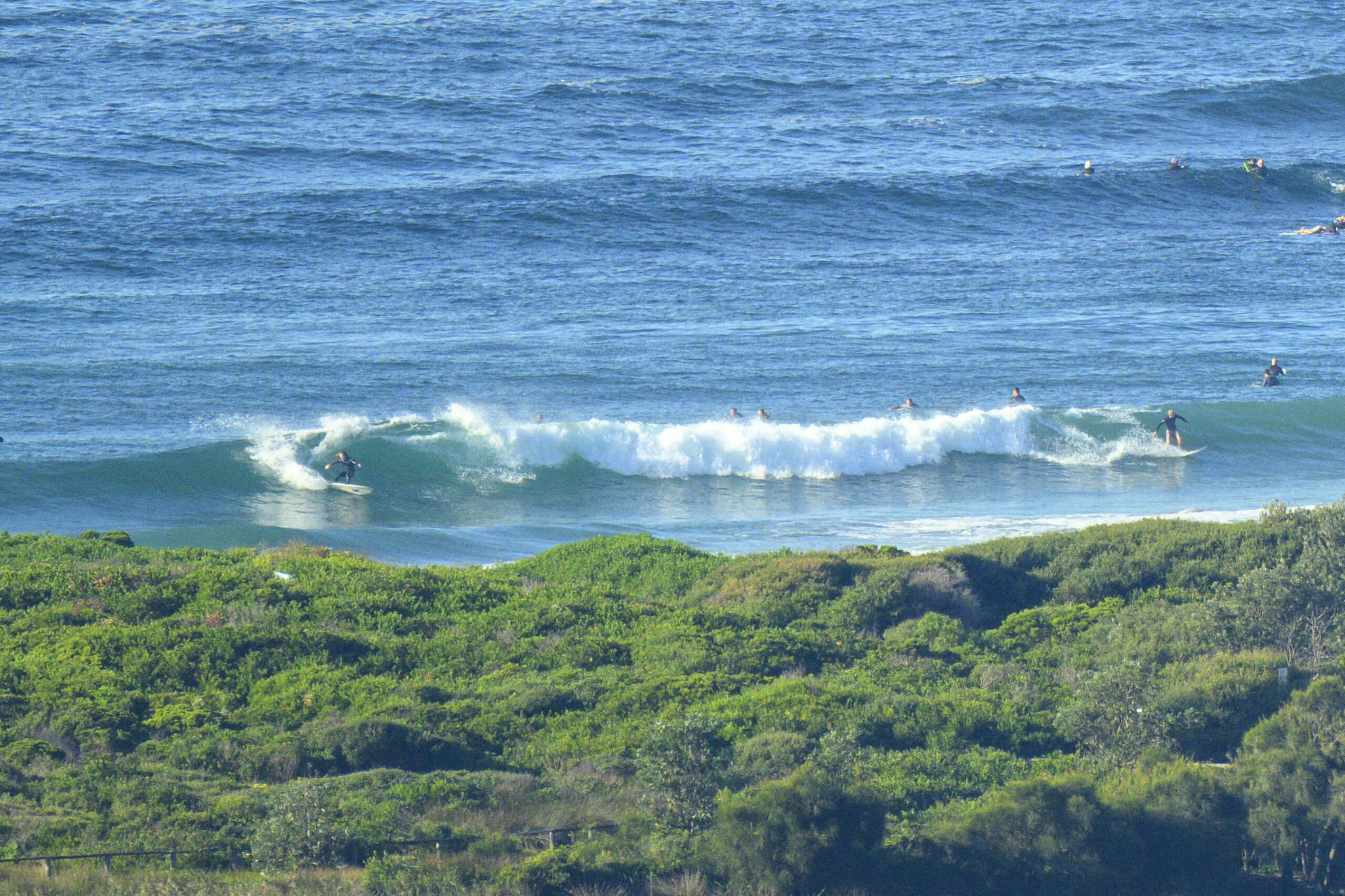On 30 January more than 150 leading marine scientists from 26 countries warned that without immediate action by the world’s politicians, catastrophic damage to the world’s marine ecosystems is highly likely. This is not theoretical, ocean acidification is already detectable – and is accelerating.
“The chemistry is so fundamental and changes so rapid and severe that impacts on organisms appear unavoidable.” said James Orr of the Marine Environment Laboratories (MEL-IAEA) and chairman of the symposium. “The questions are now how bad will it be and how soon will it happen. The report from the symposium summarizes the state of the science and priorities for future research, while the Monaco Declaration implores political leaders to launch urgent actions to limit the source of the problem.”
According to The Ocean Acidification Network (which includes UNESCO, intergovernmental Oceanographic Commission, Scientifc Committee on Oceanic Research and others), increased acidification will not only have dire effects on the “calcareous phytoplankton, mussels, snails, sea urchins and other marine organisms [that] use calcium (Ca) and carbonate (CO3) in seawater to construct their calcium carbonate (CaCO3) shells or skeletons”, it will also severely affect coral reefs.
It is estimated that by 2050, we may be losing more reef area to erosion than can be rebuilt through new calcification. There is minimal understanding of how the combined effects of warming seas (which cause coral bleaching) and reduced calcification due to acidification will interact.


